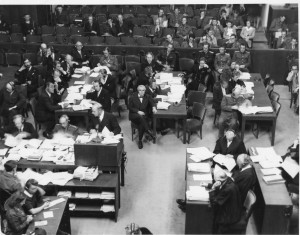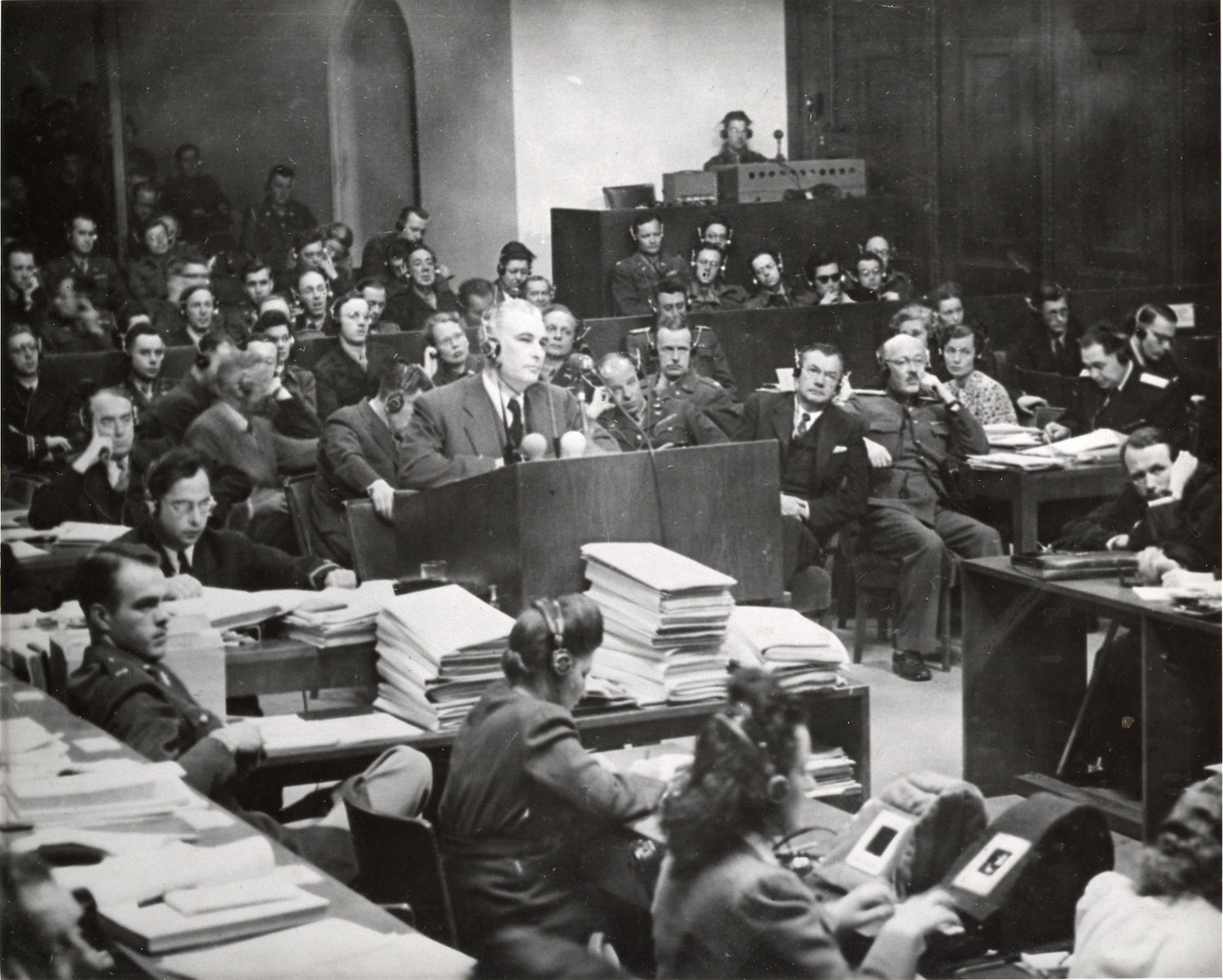In January 2013 I applied for the Thomas J. Dodd International Justice Research Fellowship. This fellowship supports research at the Archives and Special Collections at the Thomas J. Dodd Research Center, furthering the Center’s aim to promote human rights. The Center is also dedicated to promoting the work and career of Thomas J. Dodd, executive trial counsel for the United States at the International Military Tribunal (IMT Trial). A higher degree by research student from the School of Humanities and Social Sciences at Deakin University, Melbourne (Australia), I was both honoured and excited to be given this opportunity. The fellowship involved a two-week stay at the University of Connecticut (UCONN) campus to conduct Ph.D. research during summer 2013. Over a period of two weeks I worked closely with the Center’s staff searching through the Thomas J. Dodd collection and analysing documents relating to war crimes trials of Nazi criminals held in the aftermath of World War II, specifically the IMT Trial.
The Dodd Center’s collection is exceptional because it brings together a comprehensive range of trial documentation at one location. The Dodd Papers are a valuable set of historical documents that hold relevance in a range of academic fields, not least human rights and history. Moreover, the documents are predominantly printed in English, and include various translated German documents, which normally I and many other scholars would be unable to access. I was excited to be given the opportunity to conduct research in an international setting but also to engage with the valuable archives housed at the Dodd Center.
Continue reading


